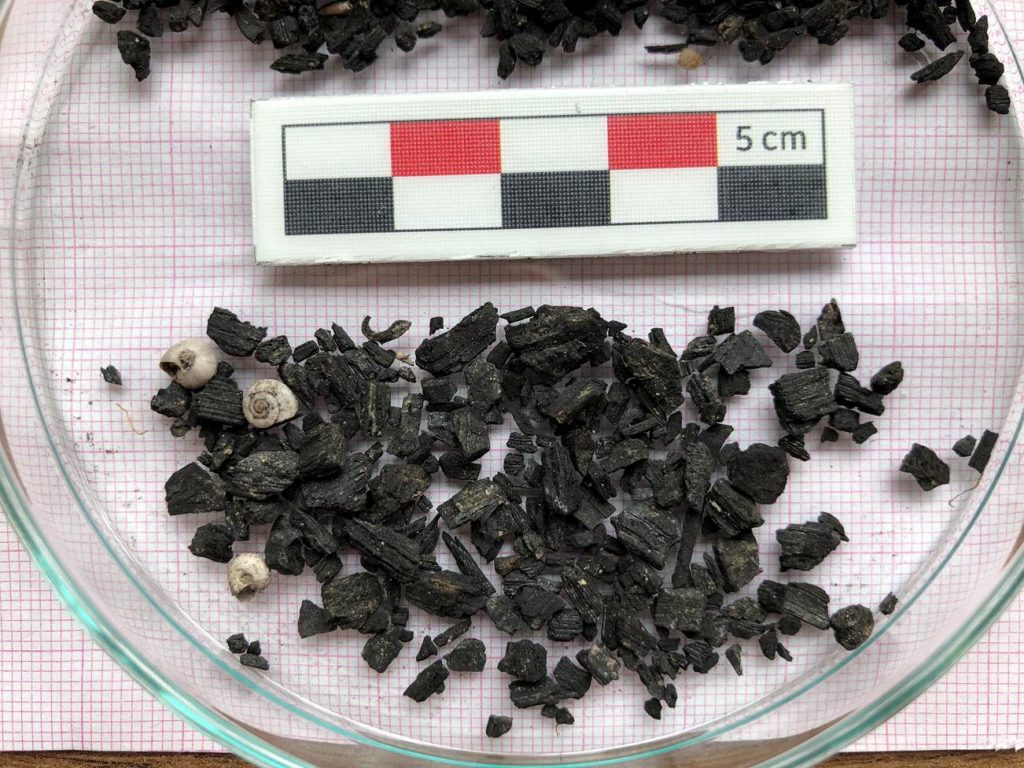8,500 Years of Climate History in Western Anatolia
The project „Humidity and Society: 8,500 Years of Climate History in Western Anatolia“ uses the analysis of stable carbon isotopes from charred wood and seeds, as well as from animal bones and other organic materials from the archaeological sites of Barcın Höyük (Neolithic to Early Bronze Age) in northwestern Anatolia, Kaymakçı (Middle to Late Bronze Age) in inland western Anatolia, and Pergamon (Middle Bronze Age to Ottoman period) near the Aegean coast for reconstructing moisture or drought in historical climate periods. In this way, evidence of climatic changes and their effects in different landscapes of northwestern Anatolia, for which only limited information on historical climate development is available so far, will be documented, analyzed, and interpreted. The choice of exemplary study sites makes it possible to explore evidence of regional environmental change in Northwest Anatolia and the corresponding responses of human communities as longue durée phenomena. This concerns especially the adaptations of agropastoral management systems, which is why animal bones are also included in the investigation. In a third step, written sources, especially from the Ottoman period, will be evaluated as evidence for the connections between climate change and social adaptation. The project is deliberately designed to be interdisciplinary, encompassing archaeology and history as well as the natural sciences.
A better understanding of the responses of historical communities to climate change and their relative successes (and failures) in dealing with crisis situations over a period of 8,500 years can at the same time provide clues and suggestions for modern communities facing similar challenges today. For example, the effects of climate change in the Anthropocene are likely to be particularly evident in Turkey due to specific natural conditions, again underscoring the relevance of studying historical human-environment interactions for this area.
The Istanbul Department of the DAI is cooperating in the Groundcheck project with the Research Centre for Anatolian Civilisations of the Koç Üniversitesi in Istanbul, which not only has the necessary laboratory capacity but also maintains an internationally established fellowship program that now includes special fellowships on topics related to the Groundcheck project „Humidity&Society“ (currently the archaeobotanist Ceren Çilingir and the bioarchaeologist Benjamin Irvine).


Project members and partners
Felix Pirson (Projectmanagement, DAI Istanbul)
in cooperation Ch. Roosevelt (ANAMED – Koç Üniversitesi Istanbu)
Ch. Luke und R. Özbal (Koç Üniversitesi Istanbul)
excavation project Barcın Höyük (Netherlands Institute in Turkey)
